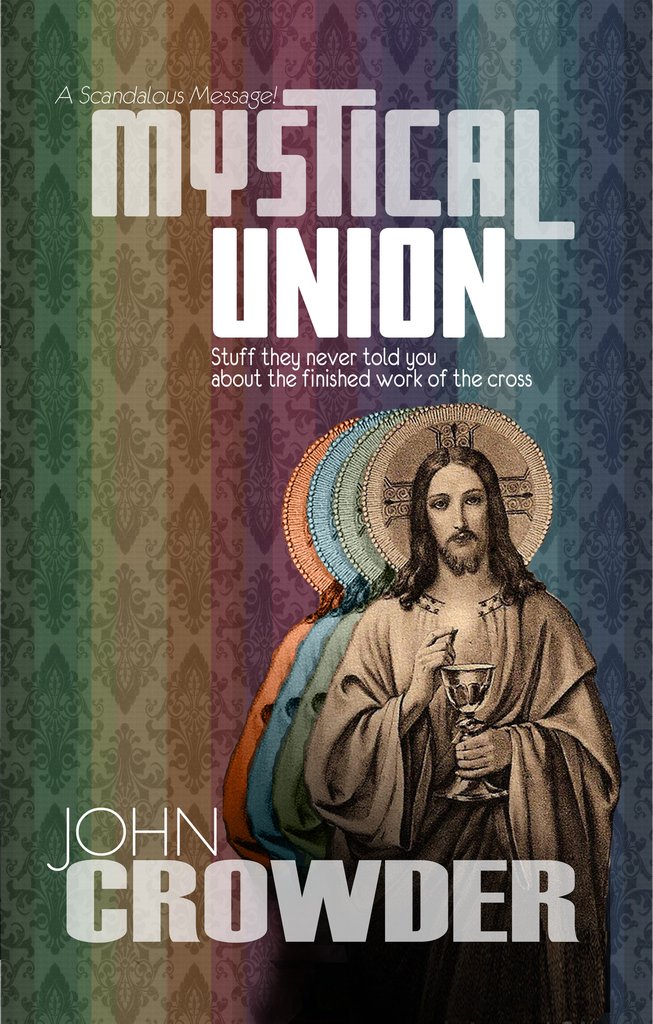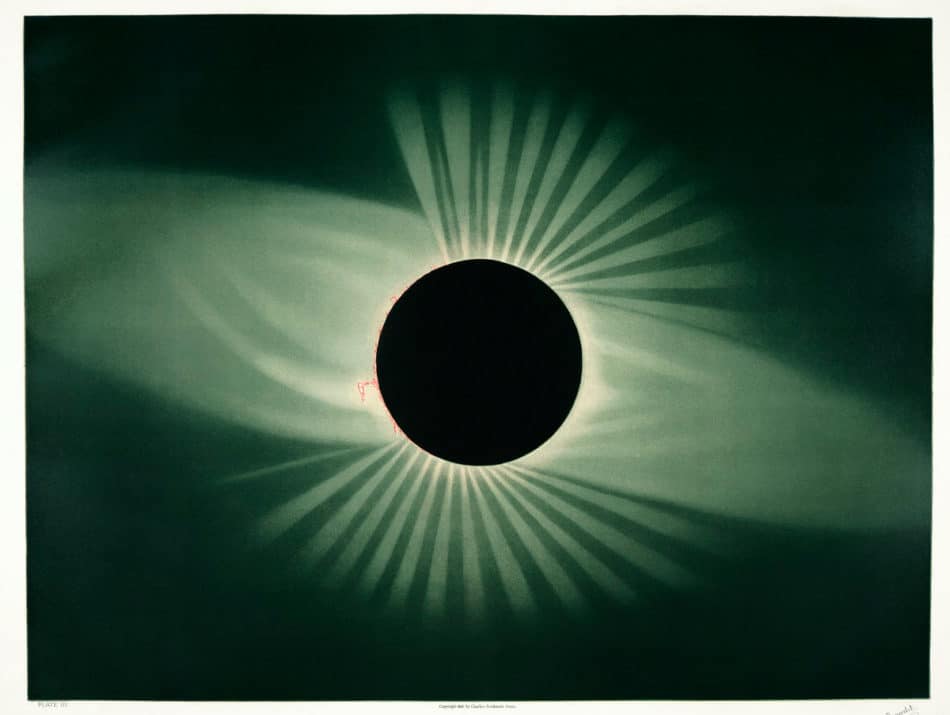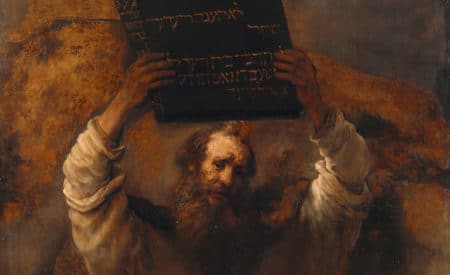My quick review of this book and its central idea: Welcome to humanity!
My long review:
this is a punk book
John Crowder is a punk voice in evangelical Christianity, kicking at established ideas, trends and groupthink. He’s funny, he’s loud, he pushes buttons.
By the time I came across his YouTube channel, I’d lost a lot of interest in Christian books and teachers. And self-help books. Out of curiosity, I plunked my money on his book and wondered how I missed it all this time. I’ve read it twice through in the last six months and listened to the audiobook in my car. I’ll probably read it many times more to remind myself that the gospel is a big hilarious joke: it’s the best news on the planet.
Crowder’s cut-through-the-bullshit preaching and clear understanding of the variety of Christian traditions instantly appealed to me. I’ve also had a lifelong fascination with the church mystics, but I often got distracted by their prescriptions of the suffering and wilderness that seemed necessary to live a more interior (closer/deeper/passionate/radical) life.

Title: Mystical Union: Stuff they never told you about the finished work of the cross
Author: John Crowder
Pages: 220
Publisher: Sons of Thunder Ministries & Publications (2010, 5th edition)
what is mystical union?
If mysticism and “mystical union” are new to you, please don’t let the title put you off. I’m certain most of my readers don’t need this explanation, but just in case:
The concept of mystical union is historically Christian. Many medieval Christian mystics described their experiences of it, but it is also an essential part of Catholic and Eastern Orthodox doctrine, theology and spirituality. Many cherished Protestant writers and theologians have also written about it—Hudson Taylor and Charles Spurgeon among them—along with many commentators on the Song of Songs.
Mystical union refers to the experience of the love of God—Him loving us, which causes our love. This is an experience of being one with Christ. (Non-Christian traditions would call it oneness with the divine, but this is where we go afield into another subject.) Some traditions associate this with salvation, but for many of the great mystics and reformers it meant the tangible experience of Christ in this life.
Where most mystics and theologians went awry was not their experience of union with Christ, but their highly developed formulas, steps, ascents, and rituals one needs to attain that union. They often conflated their experience with reality—then as it is now. As a result, the “journey” or the sacraments became idealized as a process: of purging ego, sin, or character flaws. Emptying oneself, self-discipline, worship, Eucharist, prayer, or meditation became the way to oneness and wholeness. Just look at the titles: journey to union, towards union, etc. It’s not just Catholic spirituality, dear readers—most evangelicals prize “death to self,” endless deliverances and spiritual growth programs.
grace and the good news
This book is not about mysticism as much as it is about the uncut good news of grace. (Crowder has several other books that dive into the history of mystical experience, which are worth checking out.)
Unconsciously, so much of western religious thought and practice inherits dualistic thinking from Greek philosophy. Most notable is the Augustinian idea of original sin, as opposed to the perfection of Christ already within us. Because of those dualisms, Crowder shows, God continues to be over there. Most of this book aims squarely at all the pet doctrines of modern evangelicalism that have roots are in that dualism.
Crowder throws a bomb into the religious chicanery and brings it back to the scandalous message of grace and the finished work of the cross. He draws out this message of union most clearly from St. Paul’s writings, along with a host of church reformers and mystics. It goes something like this: Jesus already made himself one with humanity; his life as the perfect human absolves all of our attempts to perfect ourselves.
You can absolutely be a mystic, enjoy ecstatic experiences, and stop thinking of yourself as a sinner in process. It starts with the revelation of “Christ in you, the hope of glory.” The rest of life is about experiencing union, not striving to get there. Trust me, this effortless grace produces a lot more spiritual fruit and joy in just living.
final thoughts
If you need a spiritual kick in the pants and feel exhausted by religion and self-help, this book is a great place to start. It’s also his best book, as it really puts forth the core message of union with Christ.
If I had to give any mama-bear advice: please consider this book before you go down the rabbit hole of deconstruction. Some of us need more detox from religion than others. Most of us need at least some undoing of poor beliefs. But the “deconstruction” spirituality that has gained popularity in recent years, despite tipping over the same sacred cows that Crowder aims at, can become a restless wilderness all of its own. Much of this trend of spirituality ends up in a different do-goodism as the face of “grace,” like a socially just version of WWJD. Frankly, I’m just done with moral-improvement tools. I want rest.
Finally, there’s a very good chance you’ll have a million “but’s” while reading this book. I did. It took me a few months before the message of grace started sinking in and I felt a weight lifted off, knowing there is no distance or delay with Jesus, our Dad and Holy Spirit.
The gospel is truly a cosmic joke, and Crowder is in the tradition of the holy fools willing to proclaim it.
some caveats:
First, this book will probably appeal more quickly to those familiar with charismatic or Pentecostal Christianity, as that is his background and language. Some ideas he skewers are the bread and butter of charismatic culture, but with some imagination you can supply your own Christian practices.
Second, he writes like he talks and preaches. You might be the person who likes that. I’m a writer and a former editor, so some unedited areas were distracting. He’s an intelligent man with intellectual wit and an ability to use language well, and he could have used an editor to clean up a few spots.
But the content here is pure gold—don’t let my nit-pickiness distract you. Wrestle with this book if you can.
Image credit: Aurora Borealis illustration by E.T. Trouvelot.
*Disclosure: This post contains affiliate links. If you click through and make a purchase, I’ll earn a commission, at no additional cost to you. This helps support my work. Read my full disclosure here.


